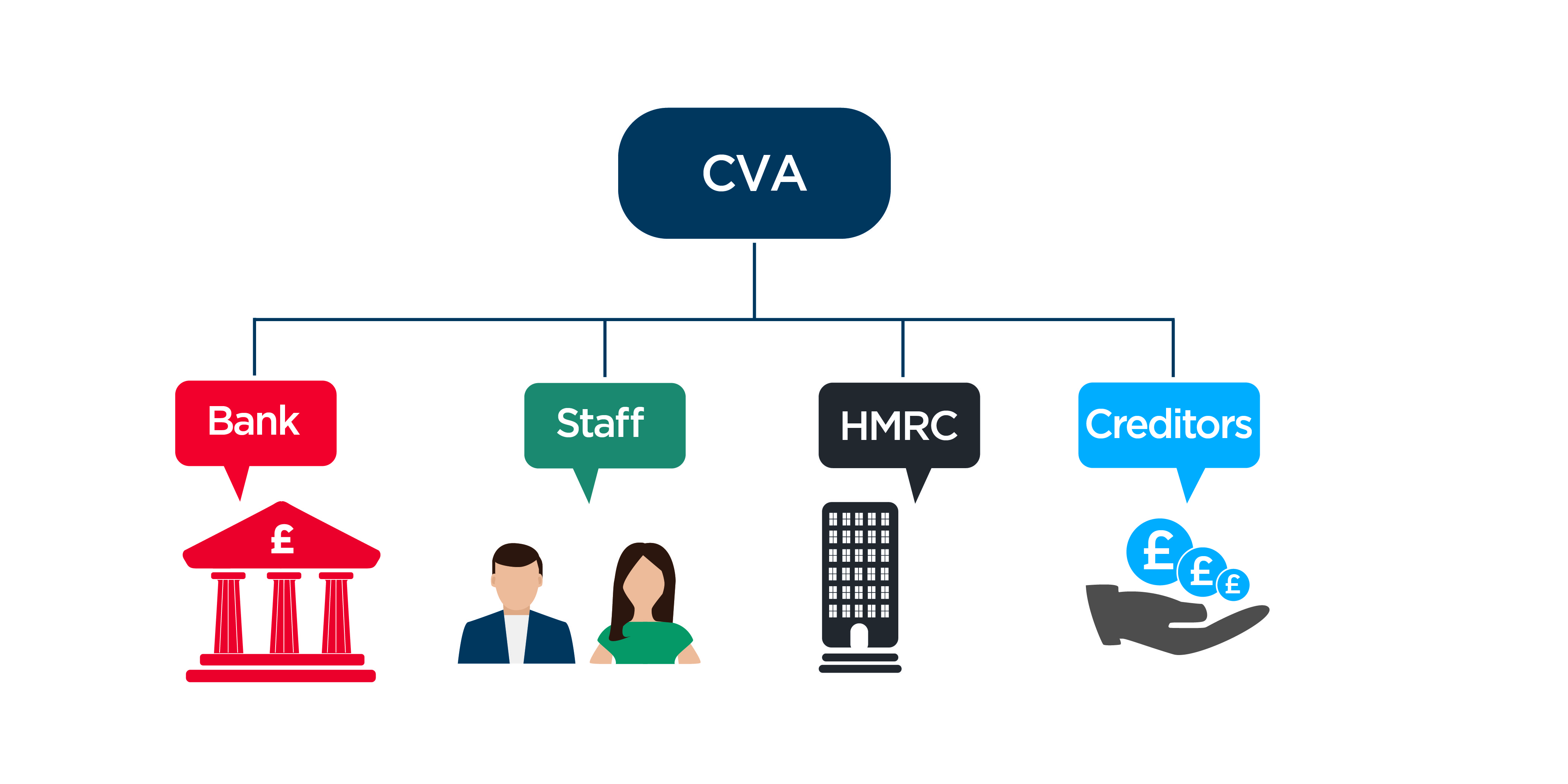In-Depth Analysis: The Process and Significance of Corporate Voluntary Agreements
Business voluntary agreements play a critical role in shaping the landscape of corporate responsibility and sustainability practices. These agreements are not merely legal setups yet instead calculated efforts that indicate a commitment to ethical business conduct and stakeholder involvement. Recognizing the detailed procedure included in formulating these agreements and the meticulous approaches used during negotiations provides beneficial understandings into the dynamics of company decision-making and the quest of shared worth. As we discover the complexities of implementation, analysis, compliance, and monitoring related to these arrangements, a deeper admiration of their effect on business procedures, credibility, and social well-being arises. The importance and complex benefits of company voluntary contracts are apparent, yet the subtleties of their execution and the obstacles faced in their fostering warrant closer assessment.

Comprehending Corporate Volunteer Arrangements
When delving into the world of business voluntary agreements, it is important to realize the basic principles guiding these critical plans. Corporate volunteer contracts are formal dedications made by companies to achieve details social, environmental, or ethical purposes beyond lawful demands. These agreements are willingly participated in by business to demonstrate their devotion to responsible organization methods and sustainability.
One key element to understand concerning corporate volunteer agreements is that they are aggressive steps taken by firms to deal with social concerns and boost their overall effect. By willingly dedicating to particular standards or campaigns, businesses display their dedication to corporate social duty and stakeholder engagement.
Additionally, company voluntary contracts often include cooperation with various stakeholders, including federal government bodies, non-governmental companies, and communities. This multi-stakeholder technique makes certain that the contracts are detailed, clear, and aligned with the rate of interests of all entailed events.
Essentially, comprehending business volunteer arrangements requires a deep gratitude of their voluntary nature, the goals they intend to attain, and the collaborative efforts they entail to drive positive modification in the business landscape.
Arrangement Refine and Approaches
Effective negotiation processes and approaches play an essential role in the successful application of business voluntary contracts. The settlement process includes several celebrations coming together to reach a mutually useful contract that satisfies the passions of all stakeholders involved. To begin, it is vital to develop clear purposes and top priorities for the arrangement. Comprehending the requirements and worries of all celebrations enables the creation of value-creating solutions that address the underlying issues properly.
Approaches such as active listening, open communication, and analytic orientation are crucial in fostering a collective arrangement environment. Active paying attention ensures that all events really feel heard and comprehended, leading to raised trust and teamwork.
In addition, maintaining a considerate and professional attitude throughout the settlement procedure is vital to building strong connections and accomplishing effective end results. By employing effective settlement processes and methods, firms can browse complex agreements much more effectively and make sure the lasting execution of voluntary dedications.
Application and Conformity Procedures
Having actually efficiently developed a strong structure with efficient settlement procedures and methods, the following important stage includes the careful planning and execution of implementation and conformity procedures in company voluntary arrangements. Execution actions incorporate the real implementation of the agreed-upon terms and actions described in the voluntary arrangement. This stage needs cautious coordination among all entailed events to make sure that the agreed-upon efforts are implemented properly and effectively.
Compliance measures play an essential function in ensuring that all parties entailed stick to the conditions defined in the voluntary arrangement. Tracking devices, regular evaluations, and transparent coverage systems are frequently used to track development and make certain responsibility. Non-compliance can bring about reputational damage, lawful ramifications, and a malfunction of trust among stakeholders, emphasizing the significance of durable compliance steps.
To boost the effectiveness of application and conformity steps, clear interaction, normal monitoring, and quick rehabilitative actions are vital. By focusing on these aspects, organizations can maintain the honesty of their voluntary contracts and attain the wanted outcomes while promoting depend on and liability within business environment.
Surveillance and Evaluation Techniques

Examination, on the various other hand, entails the systematic evaluation of the outcomes and effects of the volunteer arrangements - corporate voluntary agreement. By reviewing the effectiveness of the executed procedures, firms can determine whether the desired goals are being accomplished and determine locations for renovation. Evaluation techniques may include surveys, interviews, data analysis, and other techniques to collect appropriate details for analyzing efficiency

Influence and Benefits of Agreements
In recognizing the efficiency of corporate voluntary contracts, it is necessary to analyze the tangible impact and benefits that these contracts bring what is a cva agreement? to both business and stakeholders. Company volunteer arrangements often lead to improved operational effectiveness within business.
Moreover, business volunteer contracts can promote much better connections in between stakeholders and business. By proactively engaging with stakeholders to set typical goals and standards, organizations can build transparency, collaboration, and trust. This can lead to more powerful collaborations, raised stakeholder commitment, and eventually, long-term business success. In addition, these contracts typically drive development and competitiveness within sectors, as business strive to fulfill and surpass voluntary dedications, causing positive outcomes for both business and the broader society.
Final Thought
Finally, business volunteer agreements play a critical function in advertising sustainability and corporate social obligation. Through a structured arrangement process, efficient execution steps, and strenuous monitoring and examination strategies, these agreements can have a considerable influence on improving social and ecological outcomes. The benefits of such contracts expand beyond compliance with guidelines, cultivating a culture of responsibility and responsibility within the company sector. In general, business volunteer arrangements are a valuable tool for driving positive modification and advertising lasting organization practices.
Business voluntary contracts play a critical function in shaping the landscape of corporate responsibility and sustainability practices.Effective negotiation procedures and approaches play a crucial role in the effective execution of company volunteer contracts.Having successfully developed a strong foundation through effective arrangement procedures and methods, the next crucial phase entails the thorough preparation and execution of implementation and conformity procedures in business voluntary arrangements (cva meaning business).In comprehending the effectiveness of corporate volunteer contracts, it is important to analyze the concrete impact and advantages that these contracts bring to both stakeholders and firms.In final thought, corporate volunteer agreements play a crucial function in promoting sustainability and company social obligation
Comments on “Comprehending Corporate Voluntary Agreement: CVA Meaning in Business”